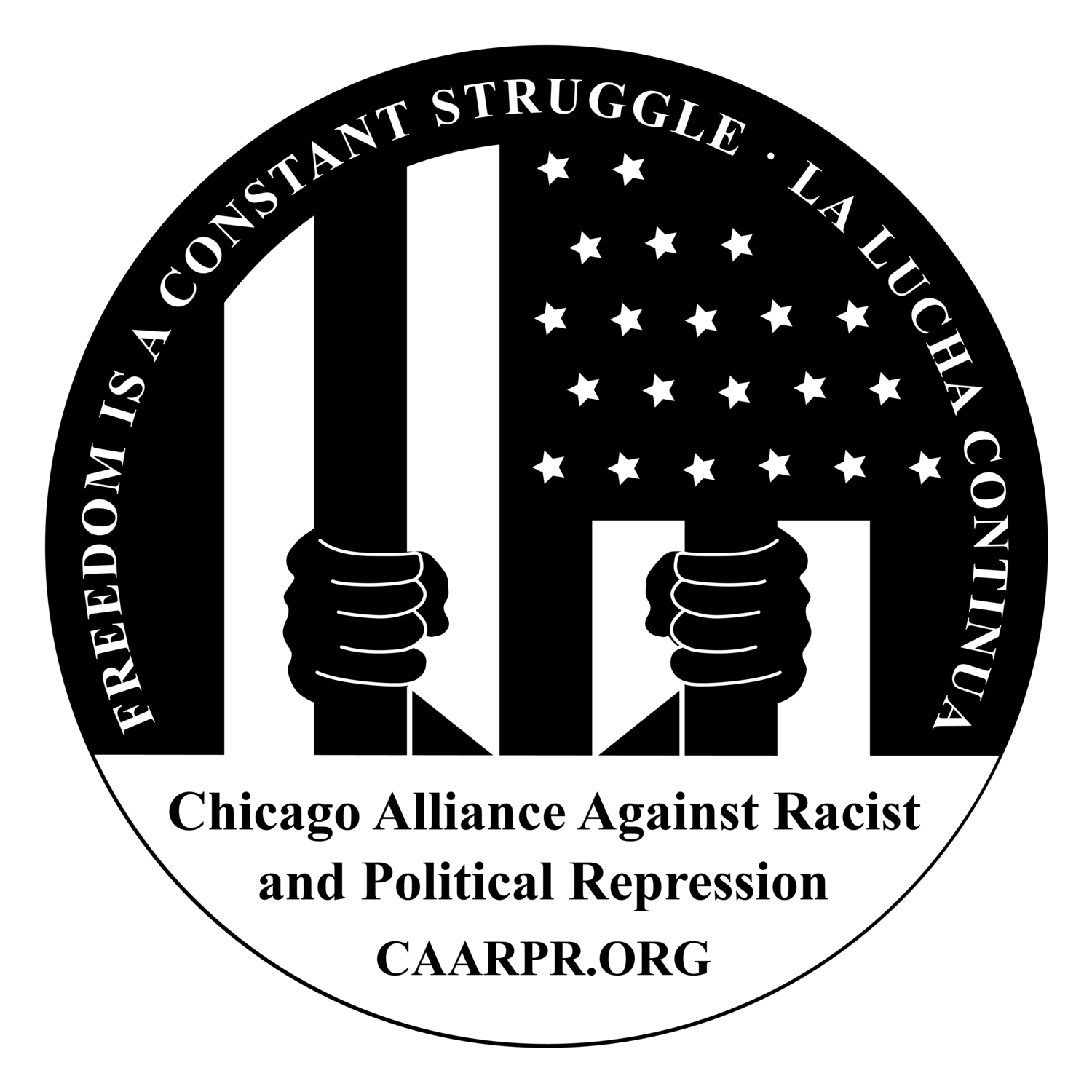SURVIVOR STORIES
ANTHONY JAKES
On September 16th, 1991, Anthony Jakes (“AJ”), 15 years old, was arrested and questioned regarding the deadly shooting of Raphael Garcia after a botched armed robbery. His interrogators at Area 3 Homicide were Detectives Michael Kill and Kenneth Boudreau, members of the notorious “Midnight Crew” of torturer Jon Burge. Jakes was interrogated for 16 hours during which he was severely kicked, slapped, punched and beaten, sustaining injuries to his back, stomach, knee, elbow and ribs. Kill also threatened to throw Jakes out the window and even stated that he would use his connections with the Latin Kings gang to “jump on” Jakes’ family if he refused to confess. In order to end the beatings and fearing for his family, Jakes signed a four-page confession, written by Kill. Jakes was eventually indicted for murder and attempted armed robbery. His forced confession was the only evidence used to convict Jakes.
The case was assigned to Judge Thomas D. Durkin. At the initial court proceeding on September 15th, 1991, photos of his injuries were taken depicting the heavy bruising throughout his body sustained from the hours of beating. Jakes’ defense filed a motion to suppress his forced confession, and the photographic evidence was introduced. However, Kill and Boudreau insisted the injuries were the result of a gang fight. A doctor from the Audy home (Juvenile Temporary Detention Center) testified that when he talked to Jakes he never mentioned being beaten by the police, nor did the injuries look recent. The motion was denied because the judge found Kill and Boudreau more believable than Jakes, who was found guilty and sentenced to 40 years in prison for two crimes he did not commit. After losing the direct appeal in 1995, Jakes filed a petition for post-conviction relief which bounced around the court until finally being dismissed by Judge Michael P. Toomin. The case was reassigned to Judge Nicholas Ford in 2008, who dismissed it in September 2011, also denying a motion to grant Jakes access to records of cases of abuse and misconduct at the hands of Kill and Boudreau.
In 1990 the Office of Professional Standards of the Chicago Police Department concluded, after an internal investigation, that there had been widespread systematic abuse in Area 2 under Police Chief Jon Burge. Jakes’ trial took place after this discovery but before the report was publicly released in 1992 . Upon further investigation, it was discovered that Kill was accused of torturing 20 other victims. Furthermore, roughly 90% of the suspects in Kill’s 1,500 murder confessions filed motions to suppress based on unnecessary use of physical force.
Jakes was eventually released in 2013 after serving 22 years of his 40-year sentence. In December 2013, the Appellate Court decided that Judge Ford had abused his power when he dismissed Anthony’s petition. They sent his case back down to the lower court to have an evidentiary hearing on Kill and Boudreau’s misconduct. In January 2015 the post-conviction petition, along with the torture commission referral were brought before Circuit Judge William Hooks, where Kill testified, defending his investigation techniques as well as admitting to using the N-word.
In August 2015, at the Leighton Criminal Court Building in front of Judge William Hooks, Jakes was able to testify on his abuse at the hands of Kill and Boudreau. During the trial Jakes’ attorney, Russell Ainsworth of the Chicago Exoneration Project, showed Kill a photograph of the lockup at Area 3 where Jakes was being held, depicting hands clutching prison bars with the phrase “another happy ending” written on the bottom. Kill claimed to have no knowledge of the photo nor whose hands were depicted in it. According to Chicago Tribune, Kill avoided answering questions directly and seemed confused about the various reports and transcripts throughout the trial. Kill’s general demeanor throughout the questioning was laced with snide comments, frequent scowling and visible frustration at the questions being asked.
Although Jakes was eventually released, he does not have a driver's license and was unable to even graduate high school. His adolescence and young adulthood were robbed from him by a forced confession. It has been difficult for Anthony Jakes to return to everyday life after being unjustly behind bars for so long. Unable to receive proper education, he now works as a janitor and claims his “dreams are shot,” according to the Chicago Tribune.

